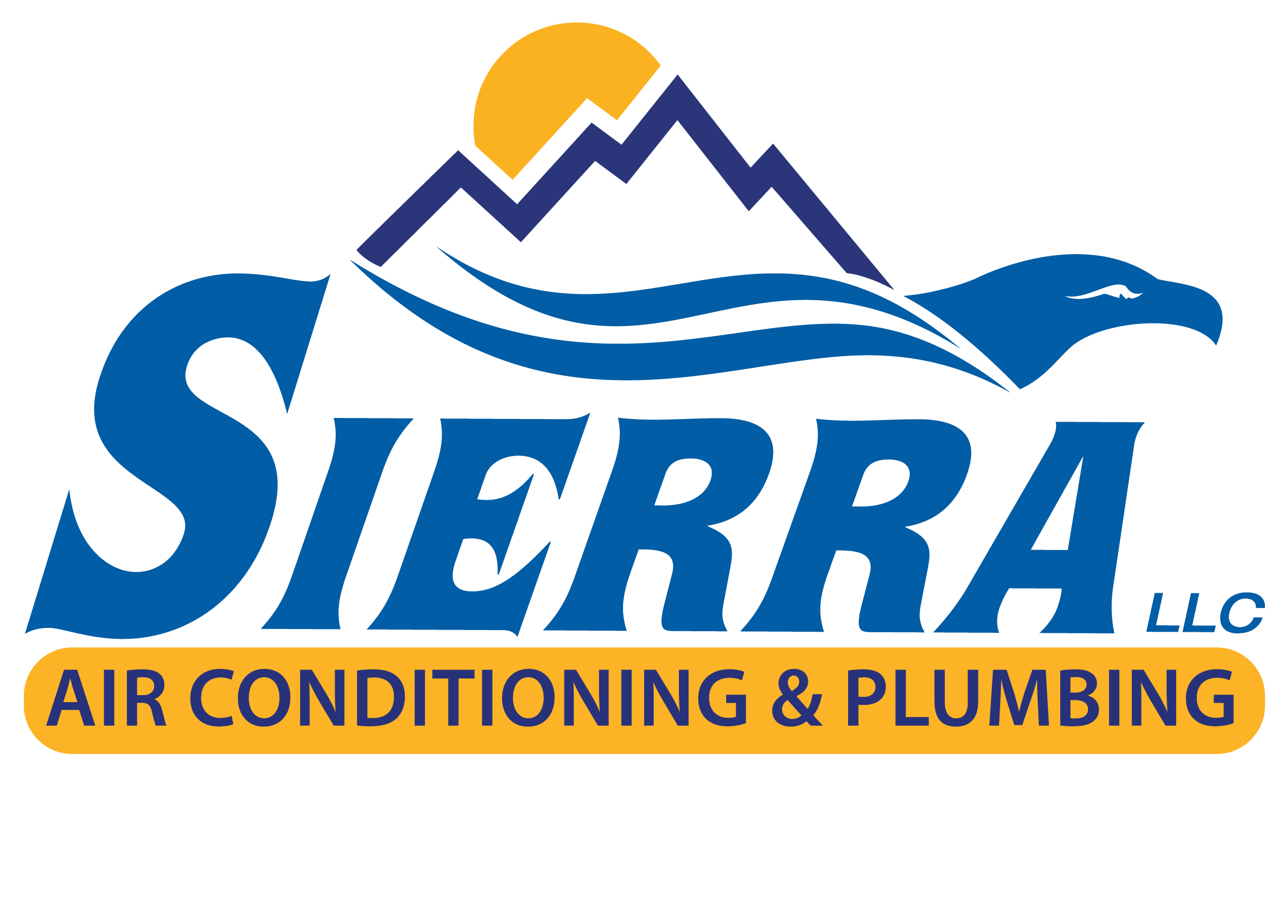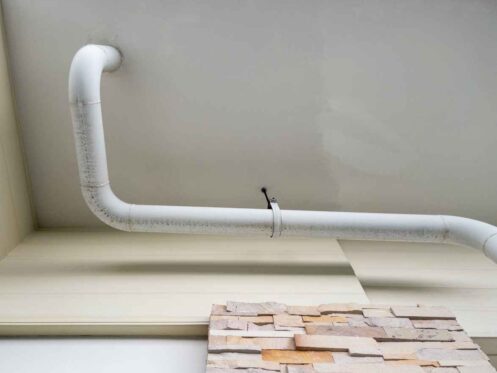One of the most common issues homeowners face with their air conditioning systems is a clogged AC drain line. The drain line plays a critical role in removing excess moisture generated by your air conditioner, but when it becomes clogged, it can lead to water damage, reduced system efficiency, and even a complete system shutdown if not addressed promptly.
Understanding the causes of a clogged AC drain line can help you prevent this problem and keep your air conditioning unit running smoothly. In this blog, we’ll explore what causes AC drain lines to clog and provide tips on how to avoid this issue in the future.
What is an AC Drain Line?
An AC drain line, also known as a condensate drain line, is a pipe connected to your air conditioning system that removes excess moisture generated during the cooling process. As the AC cools the air in your home, it also dehumidifies it. The moisture that is removed from the air condenses on the evaporator coil and then drips into a drain pan. From there, the water flows through the AC drain line and is expelled outside your home.
When the drain line is functioning properly, this process helps keep your home cool and dry. However, when the drain line becomes clogged, it can cause water to back up into your system and potentially lead to leaks, water damage, and system malfunctions.
Common Causes of a Clogged AC Drain Line
Several factors can contribute to a clogged AC drain line. Some of the most common causes include:
Dirt, Dust, and Debris
Over time, dirt, dust, and debris can accumulate in the drain line. This is especially common in homes where the air filters aren’t replaced regularly. When dirt and dust build up, they can mix with the moisture in the drain line and form a sludge-like material that eventually causes a clog.
Algae Growth
The moist, dark environment inside an AC drain line is the perfect breeding ground for algae and mold. As algae grows, it can create a blockage that prevents water from flowing through the line. This is a frequent cause of clogged drain lines, particularly in humid climates where air conditioning systems are used more frequently.
Improper Installation
If your AC drain line was not installed correctly, it might be more prone to clogs. For example, a line that is too long or has an improper slope can restrict the flow of water, making it easier for debris or algae to build up and cause a blockage.
Frozen Evaporator Coil
A frozen evaporator coil can lead to water buildup that overwhelms the drain line. When the coil thaws, the excess water may not drain properly, leading to backups and clogs. Frozen coils can occur due to low refrigerant levels, dirty air filters, or airflow problems within the system.
Aged AC System
As air conditioning systems age, their components wear down and become more susceptible to issues like clogs. Older drain lines may also be more prone to corrosion or damage, which can contribute to blockages.
How to Prevent AC Drain Line Clogs
Preventing an AC drain line from clogging requires regular maintenance and attention to your air conditioning system. Here are a few tips to keep your drain line clear and your AC functioning properly:
Regularly Change Air Filters
One of the easiest ways to prevent a clogged AC drain line is by changing your air filters regularly. Clean filters help reduce the amount of dust and debris that can enter the drain line, lowering the chances of a blockage.
Use a Wet/Dry Vacuum or Drain Cleaning Solution
Periodically cleaning the AC drain line using a wet/dry vacuum can help remove any dirt or debris that may have accumulated. Alternatively, using a drain cleaning solution or a mixture of vinegar and water can help break down any sludge or algae that could be clogging the line.
Schedule Regular AC Maintenance
Professional maintenance is key to keeping your air conditioning system in top condition. During a routine maintenance visit, a technician will inspect the drain line, clean it if necessary, and check for any other issues that could lead to a clog.
Install a Safety Switch
Installing a float switch or safety switch on your AC unit can help detect clogs early. This device will shut down your air conditioner if it senses water buildup in the drain pan, preventing water damage and signaling the need for immediate maintenance.
Keep the Outdoor Unit Clean
Ensure the area around your outdoor AC unit is clear of dirt, debris, and plants that could clog the drain line. A clean outdoor unit allows proper airflow and helps prevent issues that could lead to clogs inside the system.
AC Services in Las Vegas
If you’re experiencing issues with your AC drain line or need professional maintenance, contact Sierra Air Conditioning & Plumbing today. Our expert technicians are here to assist with all your AC needs, ensuring your system stays in peak condition.





